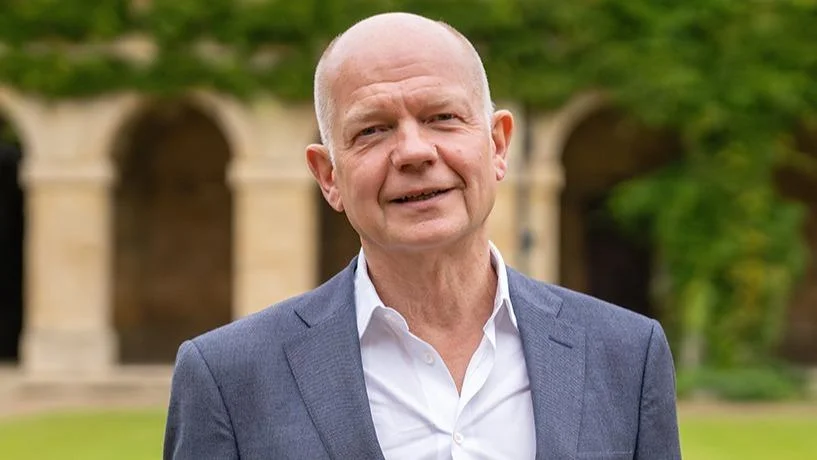A new analysis of archaeological data suggests that wealth inequality in past societies may have been shaped significantly by ecological and political conditions, rather than being an inevitable outcome of farming. The research, co-edited by Professor Amy Bogaard from the University of Oxford and Tim Kohler from Washington State University, was published as part of a Special Feature in the Proceedings of the National Academy of Sciences. It involved 27 scientists analyzing about 47,000 houses from over 1,700 archaeological settlements.
Professor Amy Bogaard stated, "Past societies are often presumed to be egalitarian, but our research shows that high wealth inequality could become entrenched where ecological and political conditions permitted." She further explained, "The emergence of high wealth inequality wasn’t an inevitable result of farming. It also wasn’t a simple function of either environmental or institutional conditions. It emerged where land became a scarce resource that could be monopolised. At the same time, our study reveals how some societies avoided the extremes of inequality through their governance practices."
The research found that high wealth inequality became persistent in regions with land-intensive farming systems, for example, those that employed specialized animal traction for plowing. In regions without traction animals, land valued through terracing, irrigation, or drainage often ended up under control by a minority.
The study challenges the notion that high wealth inequality is unavoidable, showing it as a local consequence of expanding societies lacking mechanisms to address land constraints. It argues that some ancient societies practicing land-intensive farming, like Teotihuacan in Mexico and Mohenjo-daro in the Indus River Basin, avoided extreme inequality through governance.
Professor Bogaard noted, "High wealth inequality has been a challenge for thousands of years... The past offers us lessons to navigate these pressing issues today. The good news is that societies can and have resisted the extremes of high inequality through governance." She emphasized the potential for past societies to provide insights for addressing inequality today, stating, "Shifts in farming practice and wealth inequality are woven through global prehistory. By studying these changes, we can better address their implications for the future. If we can understand how inequality emerged and evolved, we are in a better position to mitigate its extremes and harmful impacts today."

